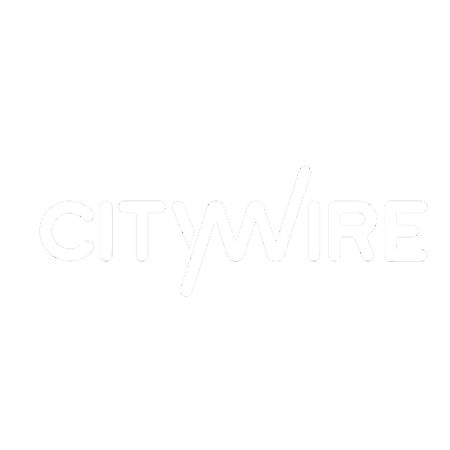On April 1st we started our 30-Day Brain-Boosting Challenge to help get people motivated to stay positive, make change and develop their agency to get cool shit done for a positive, regenerative and sustainable future.
You get daily dosses of content and you can still sign up here, but we also thought why not share some highlights from the program with you today to help you activate your agency and #staypositive! In today’s journal, we have included some content from three of the daily sessions, which are delivered in “Watch” “Read” and “Do” segments each day.
DAY 1: AGENCY
Let's look at how to activate agency for ourselves and in others by working on identifying and expanding your sphere of influence. The first part of the Design Systems Change Handbook goes into this in great detail, and here is the summary version.
Agency is the capacity of an individual to take action in a particular environment. For most of our lives, we are taught that we don't have impacts on the world around us. An agentized individual, however, is aware of their influence and the dynamic relationship they have with the world.
Every action we take or don't take has an impact: the things we buy, the conversations we have, the air we breathe - it all has an impactful relationship with the world.
Your agency is about your capacity to act independently and make free choices. These choices are affected by your worldview and the way you see yourself, formed through your experiences with the world, society in general and the things you chose to learn.
Social structures and circumstances have a huge impact on one's agency, and the life you are born into can increase or decrease your “given” agency. Many of these social structures and circumstances are out of our control, yet they have a huge impact on our agency. The most critical thing is how you interpret your experiences and what they do to your sense of self. Thankfully, we are also seeing seismic shifts in access to the resources that support individual agency development.
Design science pioneer Buckminster Fuller said, ”Call me trimtab,” (it’s even engraved on his tombstone) because he, like many other changemakers, identified that the smallest part of the system can make the biggest change. A trimtab is a tiny part inside the rudder at the back of a large ship. When the ship’s steering wheel is moved, the tiny trimtab shifts in direction and (re)directs the whole trajectory of the ship. Often, the smallest part of the system can move the biggest parts.
This analogy is important to consider when thinking about your personal sphere of influence and the agency that you have to make change in the world around you. Many people fall into the trap of deflecting responsibility to others or blaming the large obvious parts of the system, deferring change to elements that they have little control over. But it’s often the small inconspicuous parts that have the most power and influence over the system dynamics to affect change. Our job is to identify them and unlock their potential.
Integrity (especially as we deploy what agency we have and develop) is the backbone of our sense of self. It is about having a moral stand that you can refer to and being “whole” or complete when you come to making decisions. As author C.S. Lewis says, integrity is "doing the right thing, even when no one is looking.”
Expanding Your Personal Agency
Developing agency goes hand in hand with developing a firm adherence to a set of values, honesty to yourself and the world around you. Fundamentally, it’s a code of conduct or moral compass that you use to set up your practice and govern your decisions as you grow your sphere of influence in the world.
Individuals who have a strong sense of personal agency believe events are a result of the actions they take, and they praise or blame themselves and their own abilities. Those who see agency external to themselves will praise or blame external factors. For example, someone with a strong sense of personal agency will credit their study habits for passing a test, whereas someone else may attribute their success to the teacher or the exam. Likewise, if they don’t do well, the person with the stronger sense of personal agency will blame themselves rather than the teacher or exam (Carlson, 2007)*.
*Carlson, N.R., Buskist, W., Heth, C.D. and Schmaltz, R., 2007. Psychology: the science of behaviour-4th Canadian ed.
DAY 2: REFLEXIVITY AND REFLECTION
Reflexivity is all about mental flexibility, which entails continuing to learn at the edge of comfort when it comes to understanding things, advancing your ability to think in and around something, and not just seeing things from only one perspective, but honing the ability to think from multiple different vantage points.
You will benefit immensely from developing a super strong reflective thinking muscle that supports you in your ability to gain deeper insights into the way the world works, how you interact with it and how this can develop your agency.
Self-reflection, divergent and non-linear thinking skills, hypercomplexity and reflexivity all involve asking a significant number of questions and fostering a deep sense of curiosity about the world around you. It is about assuming you don't know something until you know enough to know it. Whereas many people seek to avoid things they don't know, instead we relish in the fact that there are always new things to uncover.
This is a lifelong practice, something that you develop over time, with consideration and connection to your inner self. Where reflection is the act of thinking back on something and gaining insights from the vantage point of hindsight, reflexivity is about a more dynamic, intimate and developed self-awareness, fostering the ability to think in and through something, rather than just look back on it after the fact.
Reflexivity thus is about the circular relationships between cause and effect, especially when it comes to human belief structures. A reflexive relationship goes both ways, where we see cause and the effect both affecting each other in a dynamic relationship, rather than just seeing one part of the connection. You develop the ability to see what happens when an action is taken, and likewise you can see what would happen if you didn't take an action.
Through this, we can see ourselves as part of the systems we are interacting with, instead of seeing ourselves apart from them. While reflection helps us learn from the past, reflexivity gives us tools to extract information from the moment we are in and the ones we will enter into.
A high level of social reflexivity, for example, is defined by an individual having the ability to shape their own norms, tastes, politics and desires, and it is very much connected to the ability for one to identify their own agency and exert actions that connect to the advancement of one's influence on the world.
Reflection is a very useful daily practice tool that enables us each to see inside and gain insights into ourselves, which in turn enables us to grow personally and professionally. But to reflect on the world is equally as important. Tools like observing and recognizing bias, alongside learning to love problems and shifting mindsets, are all part of the tool set of positive, practical, proactive changemaking (and all of which we will explore over the coming days).
DAY 3: SPHERE OF INFLUENCE
Your sphere of influence is the space in which you have the ability and power to change things.
The idea that one person can save the world is not very agentizing, as it either encourages people to deflect responsibility for change to that one magical “other,” or it puts an immense burden onto the shoulders of those who want to be involved in the changes and expects them to influence the entire world. What instead is so much more useful is for us all to understand, no matter who we are, that each and every single one of us change the world every day through our actions. We all exert influence over the worlds we inhabit.
The things we buy, the food we eat, the jobs we do, the way we move around — these all have profound impacts on the natural environment, the economy, and society. Unfortunately, many of our actions result in flow-on effects throughout the system, which are often invisible to us and result in some form of unsustainability. The perpetuation of this blind participation in changemaking is one of the major issues we face. That's why there are movements to change the way we design, produce and consume everyday things so that their impact via our actions is lower. The movement toward a circular and regenerative economy is well underway, and this challenge pack you are engaging with is designed to help you discover your agency and role in this bigger picture.
The decision to be involved in change, be it in your personal or professional life, starts by discovering how to activate your personal agency (which we have been looking at), identifying the sphere of influence you uniquely hold (today's topic) and then adopting the tools that will enable you to expand that influence and activate your creative potential to engage with change (content covered over the next 3.5 weeks!).
Your sphere of influence is the space that you hold court over, combined with the knowledge you have, the people and communities you engage with, and the integrity you hold (which often translates to how much others value your knowledge, etc). Your sphere of influence is also the scope of the potential impact that your actions may or may not result in.
When we are kids, our sphere of influence is small, often restricted to our families, but it's potent because we often wield quite a bit of influence over them at this stage in our lives. Then, as a young adult, we expand to have a more significant influence on our friends and peer group (as they do on us), and this slowly grows out to colleagues and partners and then our own kids and others as time and experiences and life advancements give us more agency and influence over the space we hold. The influence that we can each have is based on the amount of agency we cultivate and the integrity we build in ourselves over time. I will note here there are many structural forces that can restrict some and enable others. This is an entirely different topic, and we will discuss aspects of it later on — I just didn't want it to go unsaid that the lack of equity when it comes to certain resources does greatly restrict some people.
That being said, there is a reality that every agent in a system impacts it. Every action we each take or don't take will have an impact (good, bad and all the options in between) — the things we buy, the conversations we have, the air we breathe, the things we post online — these all have an impactful relationship on us and on the world, as everything is interconnected. The domino, butterfly or flow-on effect reminds us that our actions have impacts. Both “bad” and “good,” intentional and unintentional, everything we do in this big complex system has an effect on something else, and if you identify your agency and sphere of influence, then you are in a unique position to have an intentionally positive impact with the intent to change the systems around you, as you will be enabled to see yourself within the systems and work within its dynamics.
An agentized individual is aware that they have influence and that their dynamic relationships with the world they inhabit are influencing them, too.
By working on identifying and expanding your agency and sphere of influence over time, no matter how few resources you have, you can find creative ways to leverage this into new ways of effecting positive change. The world has seen this time and time again — the smallest part of the system can, if positioned right, effect the most significant change.
That's why it's so exciting to see that we are all in the middle of a great movement toward change. There are many people the world over redefining their lives so that they, too, can participate in the world with more purpose and contribute back to the planet and their communities. And I assume you are one of them too!
A sphere of influence does not just tally up the number of people you know or the social network you have, although these are important in some cases of social influence (and important for personal connections). The key thing to influence is the integrity you hold and the trust that others have in your ability to influence within the space you hold.
FURTHER READING
A quick summary of identifying who's in you your sphere of influence here
Read about the concept of Locus of Control here
Read this paper on sphere of influence and ecological problems
